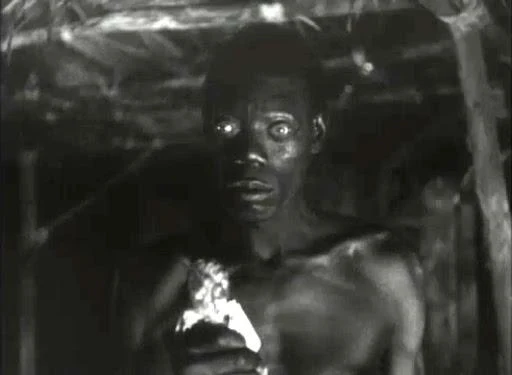 |
| Frances Dee and Bruce Cabot in Finishing School |
Cast: Frances Dee, Bruce Cabot, Ginger Rogers, Billie Burker, Beulah Bondi, John Halliday, Sara Haden, Helen Freeman, Marjorie Lytell, Adalyn Doyle, Anne Shirley, Irene Franklin, Jane Darwell. Screenplay: Wanda Tuchock, Laird Doyle. Cinematography: J. Roy Hunt. Art direction: Albert S. D'Agostino, Van Nest Polglase. Film editing: Arthur P. Schmidt.
Finishing School is a reverse Cinderella story in which poor little rich girl Virginia Radcliff (Frances Dee) finds her prince in Ralph "Mac" McFarland (Bruce Cabot), an unpaid intern at a children's hospital who supports himself by working as a waiter in a Manhattan hotel. Virginia has two wicked stepmothers: her real mother, the snobbish socialite Helen Radcliff (Billie Burke), and the headmistress of the finishing school Helen sends her off to, Miss Van Alstyne (Beulah Bondi). If there's a fairy godmother in the film, it's Virginia's wisecracking roommate, known as Pony (Ginger Rogers), who helps turn the shy and proper Virginia into something of a rebel. The movie is one of those Depression-era fables in which the tables are turned on the wealthy, and also one of the last movies to be released before the Production Code clamped down on the depiction of premarital sex. It earned a condemnation from the Catholic Legend of Decency for just that. Virginia and Mac do it in one of those pan-to-the-window scenes in which we see the snow outside filling up their footprints. And from what follows, including Virginia's refusal to see the school physician, we know the consequences even though nobody ever says "pregnant" out loud. The denouement is precipitated by a literature teacher who tells Virginia and her class that Anna Karenina's suicide was the only possible response to her breach of proper behavior, which is all that the school really teaches. It's a not-unwatchable little film that gets a nice boost occasionally from Rogers's snappy delivery of her lines, but otherwise is mainly a document of the era in which it was made.



























